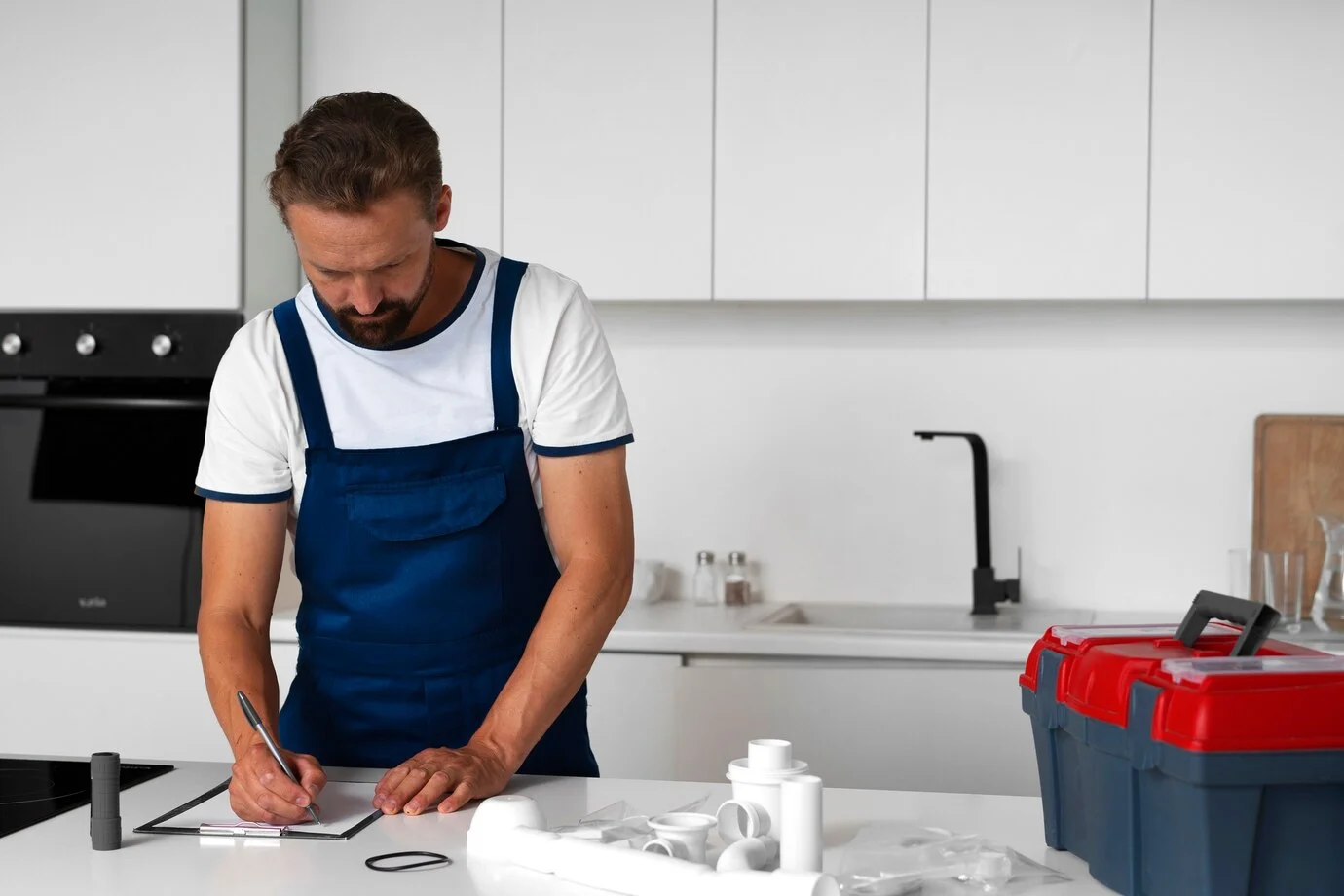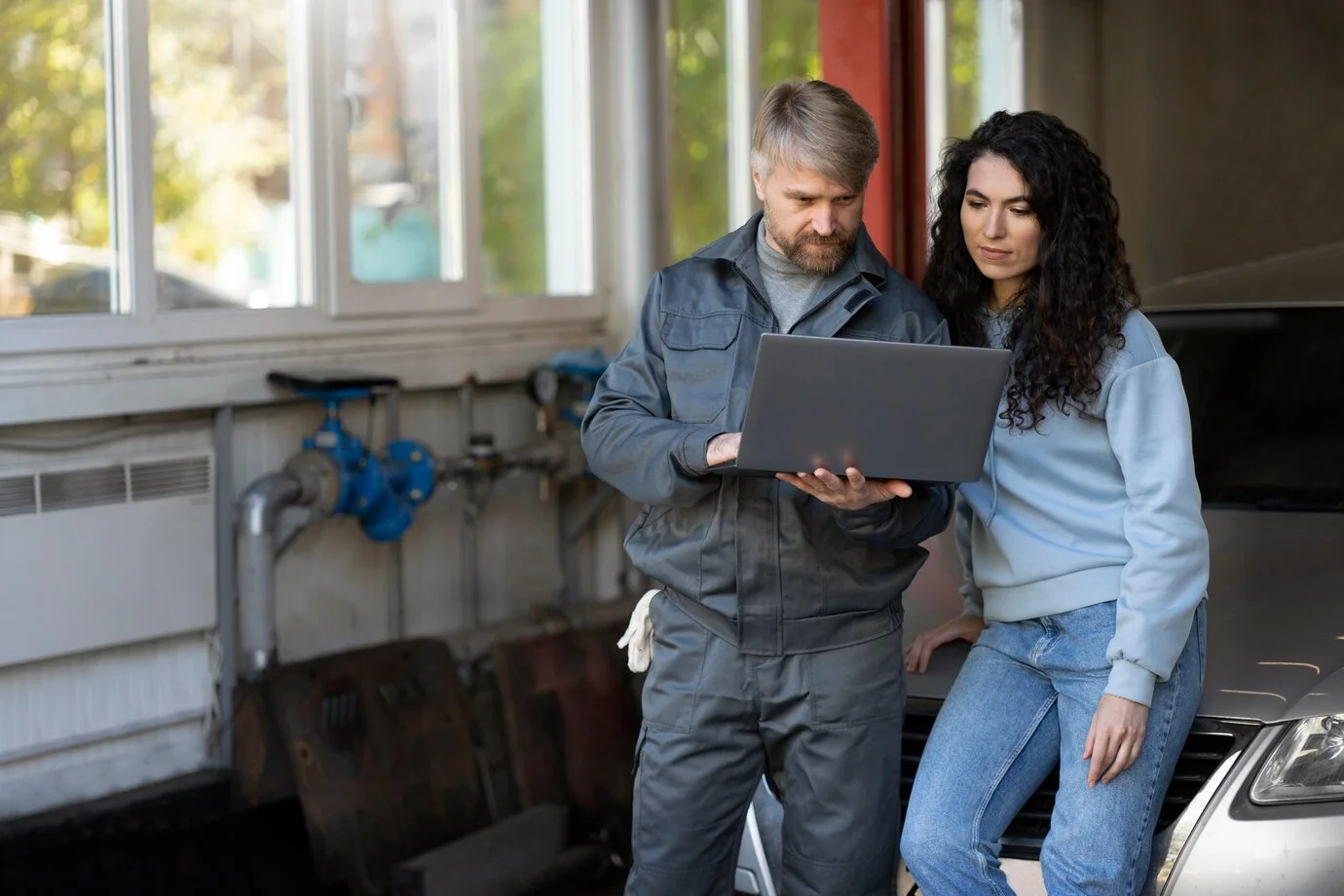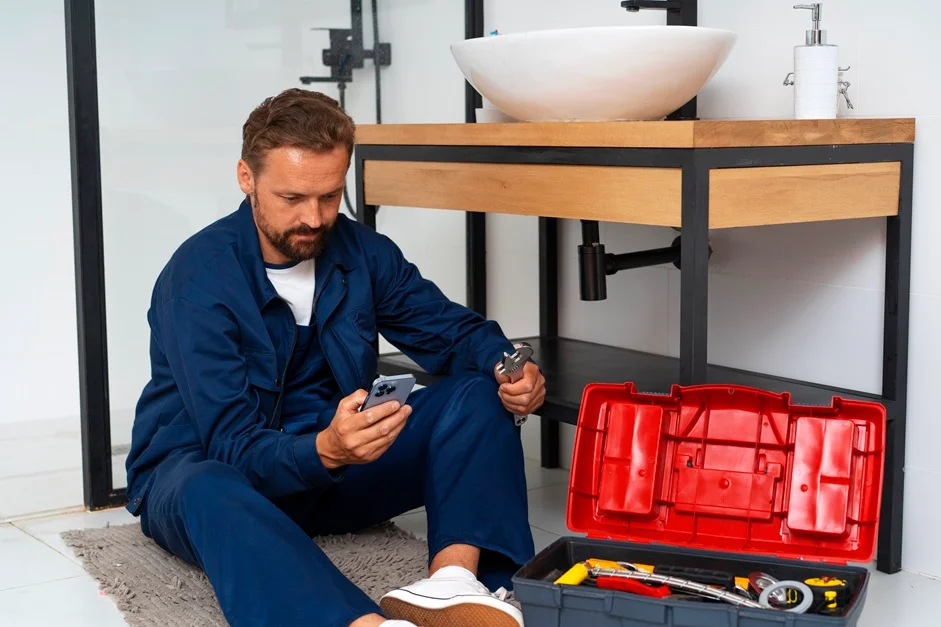Plumbing disasters occur when you least expect them, causing serious damage to your home, and often leading to costly repairs. While emergency plumbing services are always available to help in a time of crisis, it's vital that every UK homeowner take steps in advance, which will go a long way in preventing plumbing disasters. This blog gives an in-depth checklist for taking precautionary plumbing measures that would help you avoid some common plumbing issues and protect your home.
Routine Plumbing Maintenance
Regular routine plumbing maintenance ensures optimal functioning of your home’s plumbing system. These services include regular inspection of pipes, faucets, and appliances that show wear and tear.
How to Do It: Make a schedule for maintaining your home in areas that are of importance to you. Look for leaks and water collections around sinks, dishwashers, and washing machines. Watch pipes for corrosion or damage; these are more likely to happen in an older home when plumbing systems might be more susceptible. It is also a good idea to check on your water pressure at home periodically to show changes in it, which may signal possible problems inside the system. Replace worn-out washers and seals quickly, as they are usually the linings that cause leaks. By keeping up with these regular check-ups, you will be able to catch small problems before they turn into major catastrophes.
Seasonal Plumbing Tips: Get Your Home Ready for the Weather
The change in seasons brings different challenges to your plumbing. Seasonal plumbing tips can help you be better prepared for whatever the season has coming.
What to Do: During the cold winter months, a frozen pipe is one of the biggest concerns. Insulate exposed pipes by enveloping unheated areas like garages, attics, and basements; as such, can help prevent freezing. And if you want to keep your heating low on those very, very cold nights to make sure water in pipes does not freeze, go ahead with that. Clean gutters and downspouts in the fall so that they won't clog and allow water to back up into your roof or foundation. Spring and summer are good times to easily examine the outside plumbing for garden hoses, sprinklers, and outside faucets that might exhibit signs of leaks or wear. Anything out of the norm should be cared for before it gets any worse.
Early Warnings - Stop Trouble Before It Develops
Most plumbing problems start with very subtle signs that are, in fact, pretty easy to ignore. With the early warning signs identified, you will be able to act upon their causes before they have a chance to develop into full disasters.
What to Check: Sinks that take too long to drain, bubbly toilets, or a suddenly high water bill are signs of a blockage or an undetected leak. If the pipes start banging or whistling when the taps are turned on, then you probably have low pressure or air trapped in the pipes. Other signs of tainted tubes are water that has changed into a different colour or reduced water pressure. Also, watch out for wet patches or any form of mould on walls and ceilings since they are also related to the leaks behind the curtain. Diagnose them before they progress to cause significant damage later.




